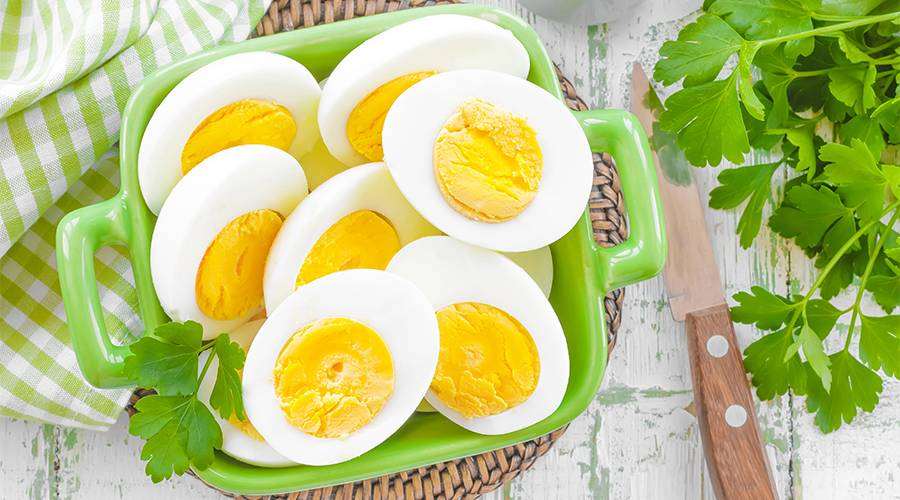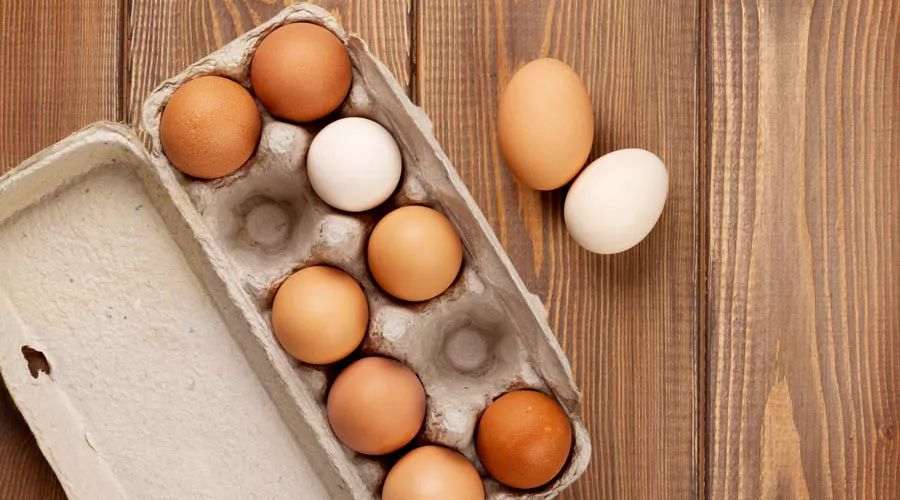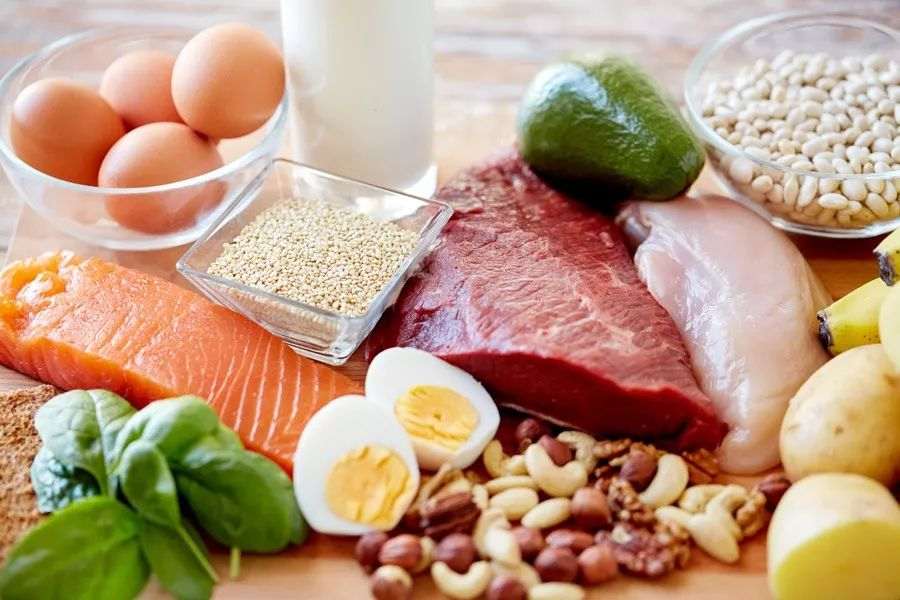Boiled eggs, tea eggs, fried rice with eggs, scrambled eggs with tomatoes… eggs conquer everyone’s dining table.
The egg, which is doted on by thousands of people, can be called the conscience of the industry. It tastes good, has various methods, is cheap, and is especially rich in nutrition. Its protein and amino acid ratio is also perfect.
However, because it is too homely, people also have many doubts about eating eggs: can’t raw eggs be eaten? Eat up to two eggs a day? Is native eggs healthier?
The answers to these questions can be found below.
Don’t worry about eating too many eggs
Many people want to know how many eggs to eat a day, and those who have read the Dietary Guidelines for Chinese Residents are even more entangled.
< < Dietary Guidelines for Chinese Residents 2016 > > > It is recommended not to eat more than 7 eggs a week when other foods (milk, meat, fish and shrimp) are normally ingested.
However, everyone should note that the premise here is to eat enough milk, meat, fish and shrimp.
If you only eat one or more eggs a day, you will not increase the risk of cardiovascular disease or diabetes.
Of course, if you seldom eat milk, meat, fish and shrimp, or especially like eggs, or are exercising, you need to supplement protein and eat more eggs.
Don’t throw away egg yolk

Indeed, egg yolk contains more cholesterol, and the cholesterol content of an egg yolk is as high as 280 milligrams.
However, there is no evidence that eating more cholesterol will lead to hyperlipidemia or heart disease. < < Dietary Guidelines for Chinese Residents 2016 > > has cancelled the limit of cholesterol in daily diet, so there is no need to worry about egg yolk.
In fact, egg yolk is a real treasure house of nutrition.
Egg yolk is rich in high-quality protein, monounsaturated fatty acid (oleic acid), lecithin, vitamin A, vitamin B1, vitamin B2, and also contains nutrients such as calcium, iron, zinc, etc. Don’t discard it at will!
Don’t eat raw eggs
Relatively speaking, raw eggs are not easy to digest and are easily contaminated by bacteria, thus posing certain safety risks.
Therefore, it is not recommended to eat eggs raw.
If you like raw eggs, weigh the taste against safety and hygiene.
Don’t over-cook, over-fry
Boiling or frying is the most common way to cook eggs. Remember not to overdo it.
If the decocting time is too long, the protein will solidify excessively, the eggs will harden and toughen, and the taste and digestion and absorption will be affected.
Do not store eggs at room temperature

When the temperature is high in summer, eggs tend to deteriorate at room temperature. It is recommended to put eggs in the refrigerator so that they can be stored for more than a month.
Remember to look at the label when buying packaged eggs. Eggs within a week are of relatively better quality.
Don’t supplement iron with eggs
The iron content in egg yolk is rich, but it is difficult to absorb.
Because a substance called yolk hyperphosphoprotein in egg yolk inhibits iron absorption, the absorption rate of iron in egg yolk is only about 3%.
Red meat, animal blood and other iron supplements will be much more efficient.
Don’t care about eggshell color
Red-skinned eggs and white-skinned eggs are all good eggs.

Egg skin color is a [porphyrin] substance, which is related to chicken breeds, but there is no difference in nutritional value between the two.
Red skin or white skin, just choose your favorite color.
08 Don’t be superstitious about local eggs
Native chickens refer to free-range chickens that mainly feed on worms, vegetables and weeds.
Many people think that [native eggs] should be better than [foreign eggs] kept in captivity and fed in chicken farms, but the test data do not support this speculation.
In contrast, the content of protein, carbohydrate, cholesterol, calcium, zinc, copper and manganese in native eggs is slightly more, while the content of fat, vitamin A, vitamin B2, nicotinic acid and selenium is slightly less. Generally speaking, the nutritional value of native eggs is not much different.
However, due to factors such as chicken eating, native eggs may contain some flavor substances, making people feel better in taste.
Don’t believe that eggs and soya-bean milk are compatible.
There are trypsin inhibitors in soybean milk, which can inhibit protein digestion and affect nutrient absorption of eggs.
However, as long as soybean milk is fully boiled, this substance will be destroyed and will not affect protein digestion and absorption.

Therefore, don’t worry, when drinking soya-bean milk for breakfast, please match white boiled eggs, tea eggs and poached eggs at will. Don’t worry at all.
However, it is not a good habit to drink raw eggs in hot soybean milk, because the risk of infection with bacteria will increase a lot.
Don’t Ignore Egg Allergy

A study of children aged 3 to 12 in China shows that:
8.4% of children have food allergy, of which egg allergy is the largest, accounting for more than half of all allergic people.
People with egg allergy should pay attention to the labels of processed foods, which sometimes remind them to contain eggs or other sensitized foods. See here, quickly put aside your doubts and eat eggs happily!
